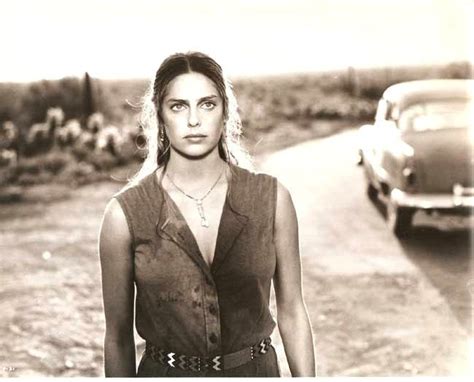A Quote by George Jean Nathan
Criticism is the windows and chandeliers of art: it illuminates the enveloping darkness in which art might otherwise rest only vaguely discernible, and perhaps altogether unseen.
Related Quotes
To tell you the truth, I am rather perplexed by the concept of 'art'. What one person considers to be 'art' is often not 'art' to another. 'Beautiful' and 'ugly' are old-fashioned concepts that are seldom applied these days; perhaps justifiably, who knows? Something repulsive, which gives you a moral hangover, and hurts your ears or eyes, may well be art. Only 'kitsch' is not art - we're all agreed about that. Indeed, but what is 'kitsch'? If only I knew!
Feminist art is not some tiny creek running off the great river of real art. It is not some crack in an otherwise flawless stone. It is, quite spectacularly I think, art which is not based on the subjugation of one half of the species. It is art which will take the great human themes -love, death, heroism, suffering, history itself -and render them fully human. It may also, though perhaps our imaginations are so mutilated now that we are incapable even of the ambition, introduce a new theme, one as great and as rich as those others -should we call it joy?
art is the most general condition of the Past in the present. ... Perhaps no work of art is art. It can only become art, when it is part of the past. In this normative sense, a 'contemporary' work of art would be a contradiction - except so far as we can, in the present, assimilate the present to the past.
There is a good deal of art that in some traditions of conceptual work are anti-affect, in fact a very large chunk of mainstream art after 1950 took against affect art altogether because they said, "No, we hate affect art because this is how we get manipulated by totalitarianism and therefore artists shouldn't play that game." And a lot of artists agreed to play that game, which I personally believe is to the loss of art.
Contemporary art is based on that an artist is supposed to go into art history in the same way as an art historian. When the artist produces something he or she relates to it with the eye of an art historian/critic. I have the feeling that when I am working it is more like working with soap opera or glamour. It is emotional and not art criticism or history of art.



































